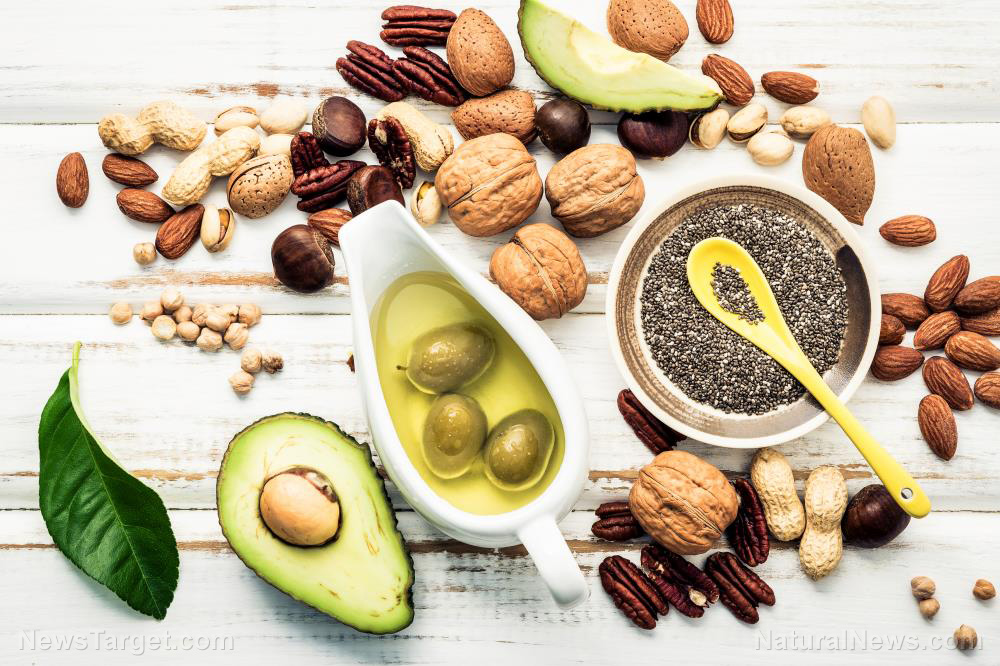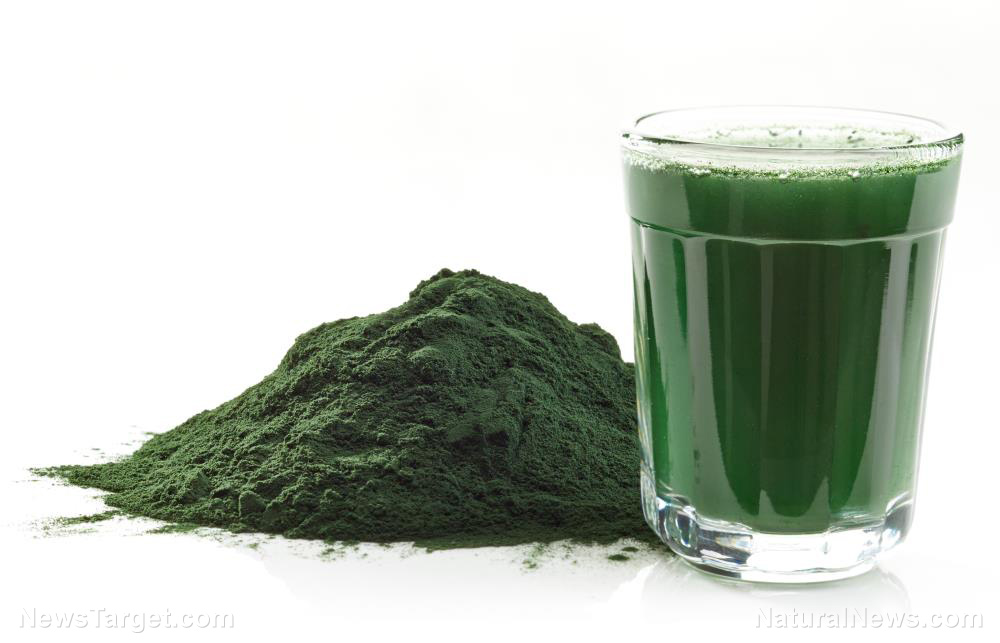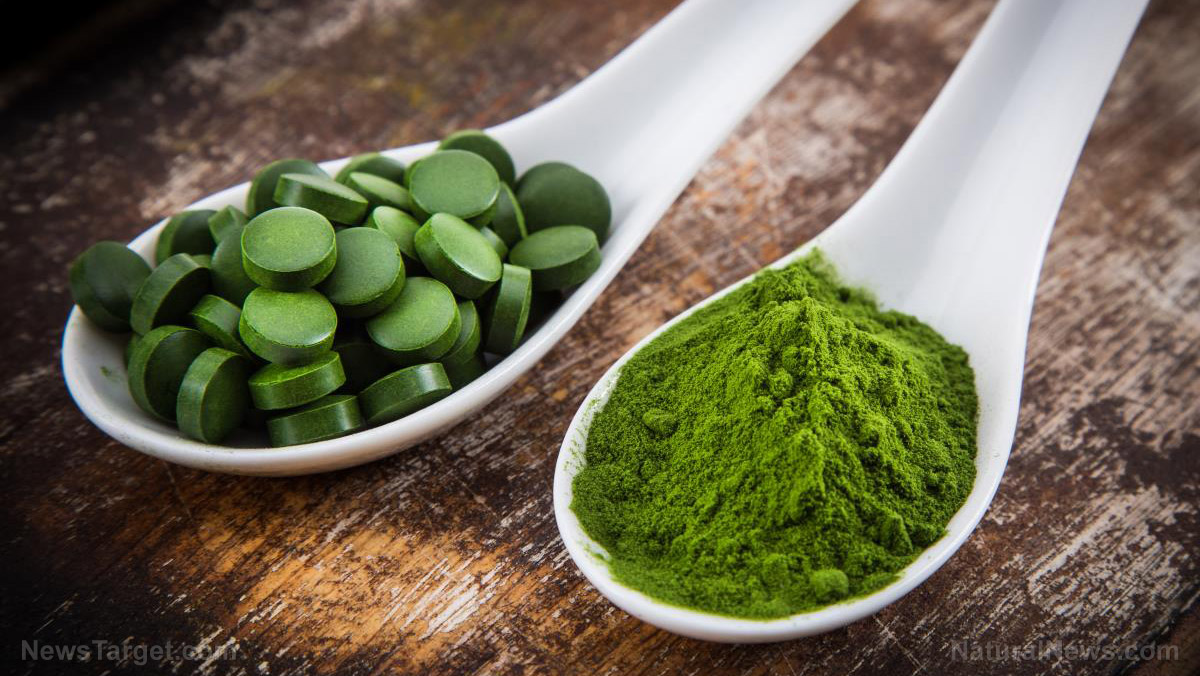Can the minerals found in your hair determine your risk of developing hay fever?
11/17/2018 / By RJ Jhonson

Japanese scientists have found a way to identify your likelihood of contracting hay fever based on the concentration of minerals in your hair. The results are different for men and women.
Your mineral intake helps determine your susceptibility to diseases. For instance, certain minerals, like zinc, iron, and selenium, are linked to a fully functional immune system. By boosting your intake of these minerals, you can improve your protection from common environmental threats.
According to the Japanese researchers who authored the study, the minerals in your body are sometimes secreted into your hair. Because of this, it’s possible to obtain an insight into the concentration of specific minerals in your system just from a sample of your hair alone.
Considering the health and economic impacts of hay fever, the researchers decided to investigate the relationship between the risk of developing hay fever and the levels of certain minerals in the human body, as indicated in hair samples. They distributed questionnaires to 275 men and 977 women inquiring about their lifestyle habits. The data were then compared to 10 kinds of mineral concentrations present in the participants’ hair.
According to the results, half of the subjects in each age group had hay fever. No significant differences between hay fever and aging, exercise habits, sleep, and dietary rhythms were noted. The scientists did, however, confirm that mineral concentrations did, indeed, vary between those who had a high risk of contracting the disease and those who didn’t.
In men, those who had a higher risk of having hay fever had noticeably low levels of iron. In women, the outcome was different. Those who had a high likelihood of hay fever had low levels of calcium, chromium, and cadmium, but high levels of selenium.
Apart from confirming the differences in mineral requirements between men and women, the study suggested that measurements of minerals levels in your hair may be used as a determiner of your risk for certain diseases, one of which being hay fever.
The study was published in Yakugaku Zasshi, the journal of the Pharmaceutical Society of Japan.
Natural ways to manage hay fever
Hay fever is rarely considered serious, but it can be very disruptive. There are natural ways by which you can control its symptoms and your risk of developing it.
- Change your diet – Allergies occur because of an aggressive immune response. What you eat will have a strong impact on your immune system and thus, your risk of having hay fever and other allergies. To reduce the symptoms, it is important that you avoid high-fat and high-carb foods. Settle instead for leafy greens; orange and deep yellow vegetables; and spices like cayenne, garlic, and ginger. You will also need to increase your water intake to about half of your body weight in ounces of water. Finally, you need to tick some items off your diet, including dairy products, alcoholic drinks, caffeine, food coloring, red meat, sugar, wheat, peanuts, citrus fruits, bananas, and dairy products.
- Take the right supplements – To reduce the symptoms of allergies, you will need to boost your antioxidant levels. Supplements that give you vitamins A, C, and E will be ideal for this. You will also need to boost your intake a immune-boosting zinc. Take bioflavonoids like quercetin and catechin as these have anti-allergenic properties. Finally, do not underestimate the value of probiotics or the bacteria in your gut. These microorganisms can help improve your immunity from common diseases and regulate overactive bodily processes.
- Use herbal medications – Herbs relieve the symptoms of allergies without causing the side effects common in chemical drugs. Some of the best herbs for allergies are dong quai (Angelica sinensis), ginkgo (Ginkgo biloba), stinging nettle (Urtica dioica), and yarrow (Achillea millefolium).
Find remedies for hay fever and other allergies at Remedies.news.
Sources include:
Tagged Under: cadmium, calcium, chromium, disease prevention, hair minerals, hay fever, iron, mineral components, seasonal allergy, selenium



















